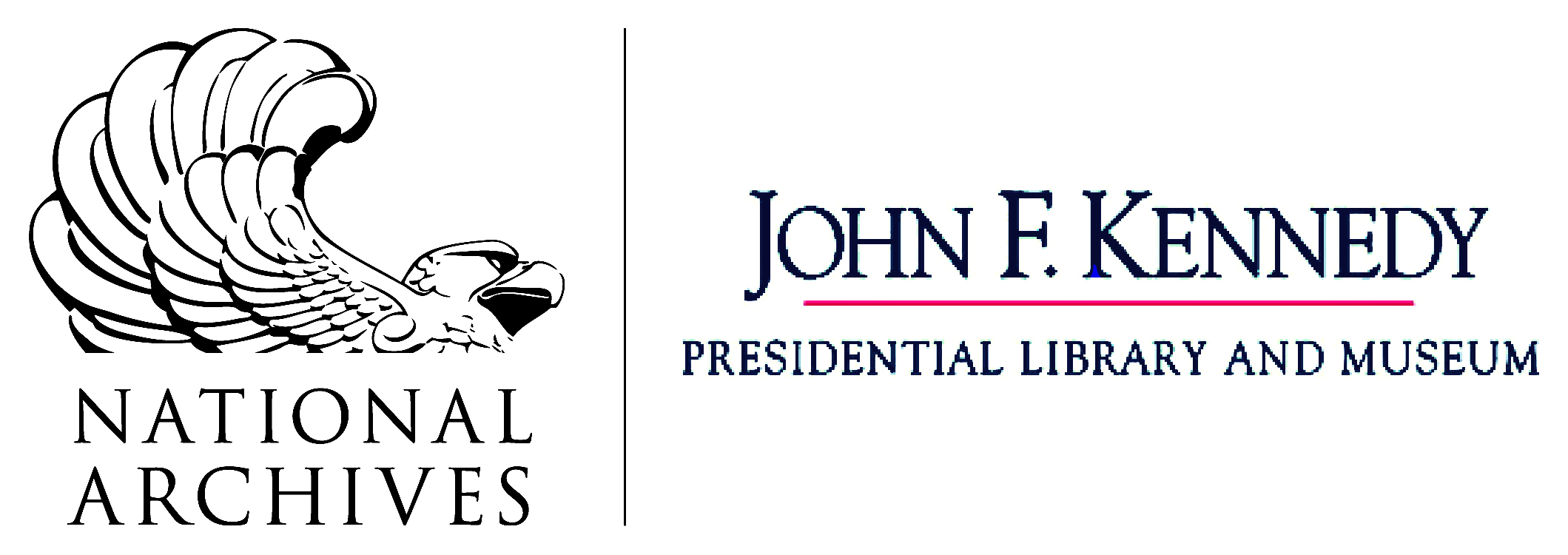By Elyse Fox, Laura Kintz, and Nicola Mantzaris, Metadata Catalogers
The United States has officially celebrated women’s history since 1981, first as “Women’s History Week” and then, every March since 1987, as “Women’s History Month.” The National Archives, of which the John F. Kennedy Library is part, sees Women’s History Month as an opportunity to “recogniz[e] the great contributions that women have made to our nation.” In that vein, the Kennedy Library would like to highlight some fascinating women who are represented in its archives by sharing photographs from the Kennedy Family Collection.
Kennedy family matriarch, Rose Fitzgerald Kennedy, and her daughters, Rosemary Kennedy, Kathleen “Kick” Kennedy, Eunice Kennedy Shriver, Patricia Kennedy Lawford, and Jean Kennedy Smith, each led a remarkable life in her own right. The Kennedy family also had many female friends and associates who led interesting lives and contributed to society in a variety of ways, whether through their careers, volunteer work, or philanthropic efforts. The images below, digitized from nitrate negatives in the Kennedy Family Collection, provide candid glimpses into the lives of these women, whose inspiring stories illustrate the wide range of contributions that women have made to 20th century American history.
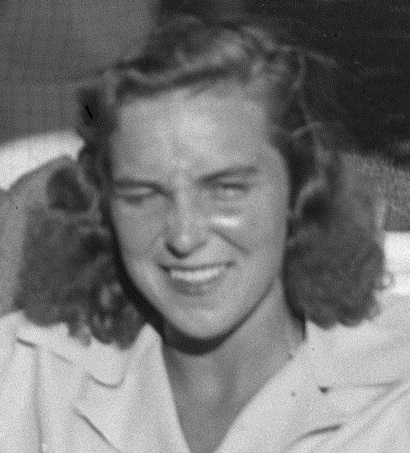
Josephine Winmill Austin (1919-1965) was a “Jill of all trades” who began humanitarian work while in high school, when she volunteered with the Frontier Nursing Service, assisting impoverished communities in rural Kentucky. She graduated from Bennington College in 1941 and worked as civilian supervisor for the New York office of Censorship of Naval Intelligence during World War II. A longtime resident of Berkeley, California, she worked for a textbook publisher and was active in her children’s schools and with civil rights causes.
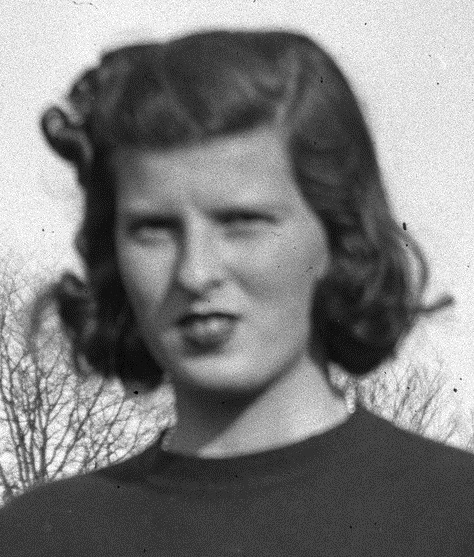
Sarah Kathleen Elinor Norton Baring (1920-2013) was a British socialite and a linguist at Bletchley Park in Buckinghamshire, England, the site of British codebreaking efforts during World War II. At the outset of the war, she worked for Vogue magazine and wrote articles for the Baltimore Sun before signing up as a telephonist at an Air Raid Precautions Centre. She then helped to build Hurricane fighter planes at the Hawker Siddeley factory near Slough, England. During the war, Sarah worked for three years at Bletchley Park, then was sent to the Operational Intelligence Centre at the Admiralty in London as a liaison officer between the Admiralty and Bletchley.
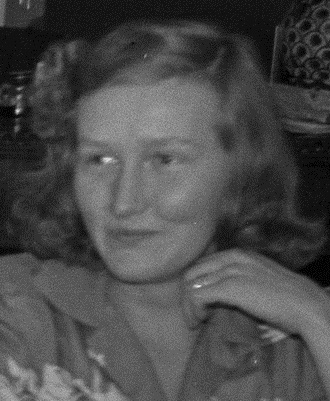
Harriet Bundy Belin (1920-2008) was a longtime supporter of Radcliffe College, the one-time women’s counterpart to Harvard University, as well as other charitable causes. She attended Radcliffe from 1939 to 1941, and although she did not graduate, she later served on the admissions committee there during the 1960s and 1970s, was acting dean of admissions from 1970 to 1973, and was a trustee of the college. She supported other such institutions as the New England Aquarium, Harvard’s Peabody Museum, the Commonwealth Fund, and Boston Children’s Service Association. In 1990, she received the Harvard Medal for extraordinary service to the university.
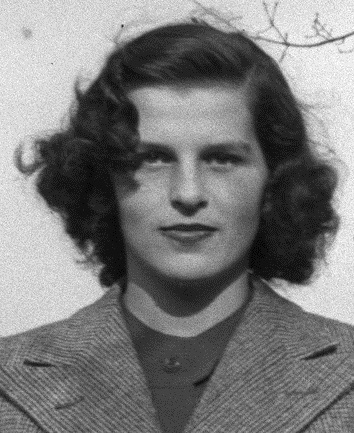
Margaret Osla Benning Henniker-Major (1921-1974), also known as Osla, was a Canadian debutante who later became involved with British war efforts during World War II. Like Sarah Baring, she worked as a linguist at Bletchley Park and helped to build Hurricane fighter planes at Hawker Siddeley factory.
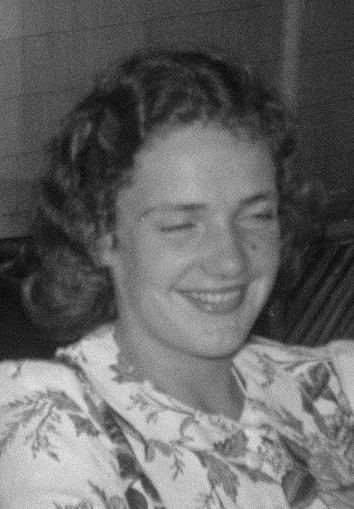
Dolly von Stade Bostwick (1921-1998) was an accomplished equestrienne. As a young woman, she participated as a junior exhibitor in charity horse shows and played polo. She was the Master of Fox Hounds of the Aiken (South Carolina) Hounds for over 25 years. The Aiken Horse Show yearly awards the Dolly von Stade Bostwick Sportsmanship Trophy.
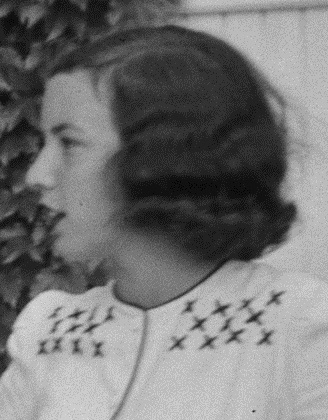
Margaretta d’Andelot “Margie” Belin Chamberlin (1916-1990) was a civic activist and one-time president of Keystone Junior College (now Keystone College) in La Plume, Pennsylvania. A longtime resident of Scranton, Pennsylvania, she was a member of the city’s Welfare League. The Scranton Area Foundation presents the Margaretta Belin Chamberlin Award annually to a woman “who exemplifies the characteristics of Margaretta, including community-mindedness, tolerance, sensitivity, and leadership.” Keystone College also awards annually the Margaretta Belin Chamberlin Chair for Distinguished Faculty Service.
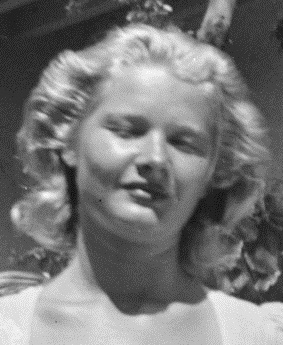
C. Z. Guest (1920-2003), born Lucy Douglas Cochrane and also known as “Cizzie,”, was a socialite known for her style and glamour–but she also had a passion for horticulture. While recovering from a horseback riding accident in the late 1970s, she began writing a column on gardening for the New York Post. She later wrote several gardening books, including one for children.
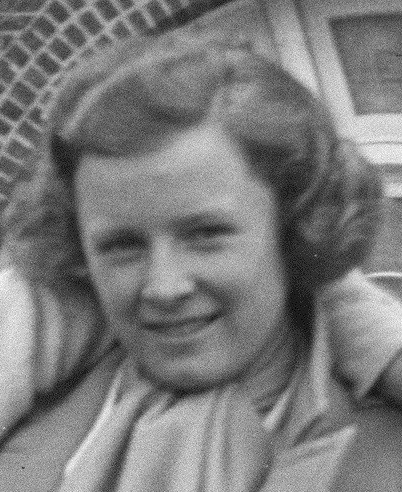
Anne McDonnell Johnson (1919-1996) was a passionate supporter of the arts. She served on the White House Fine Arts Committee during the administrations of Presidents Dwight D. Eisenhower and John F. Kennedy and was one of the first women elected to the board of the Metropolitan Museum of Art. During time spent living in Detroit, she supported the Detroit Institute of Art and the Metropolitan Opera Association of Detroit. Later in her life, she served as the Los Angeles representative for Christie’s, the international auction house.
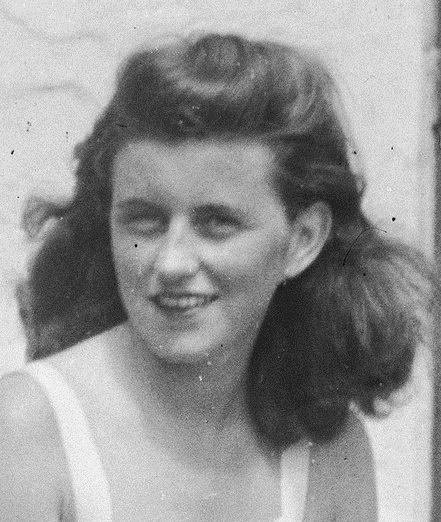
Kathleen Kennedy (1920-1948) was the second Kennedy daughter, a newspaper columnist, and a Red Cross volunteer. In the early 1940s, she worked as a research assistant and later reviewed plays and movies at the Times-Herald in Washington, D.C. She volunteered for the Red Cross in both New York and London. Kathleen died tragically in a plane crash in France in 1948.
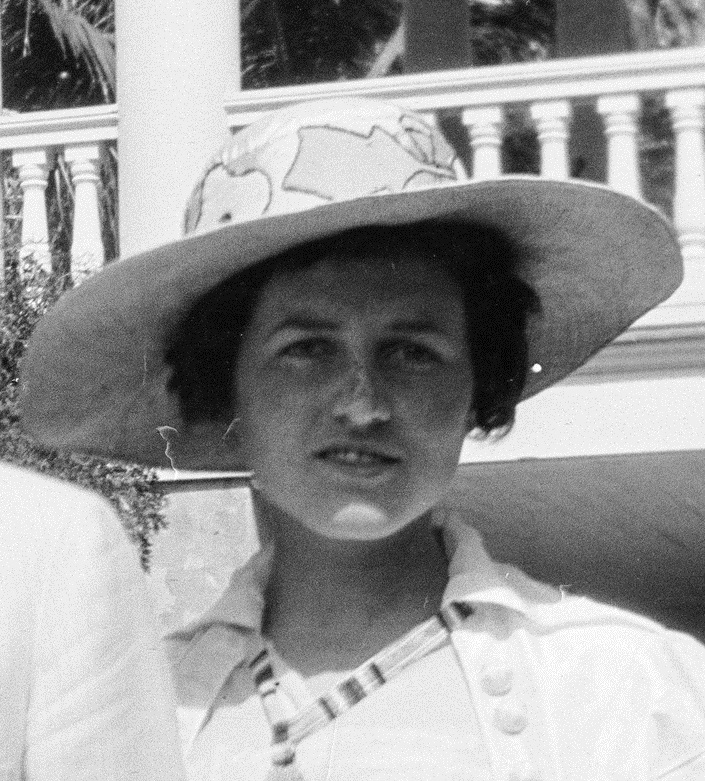
Rose Fitzgerald Kennedy (1890-1995) was a devout Catholic and a devoted mother to her nine children. She supported her sons’ political careers and was involved with a wide range of charities, especially those that assisted children and people with intellectual disabilities.
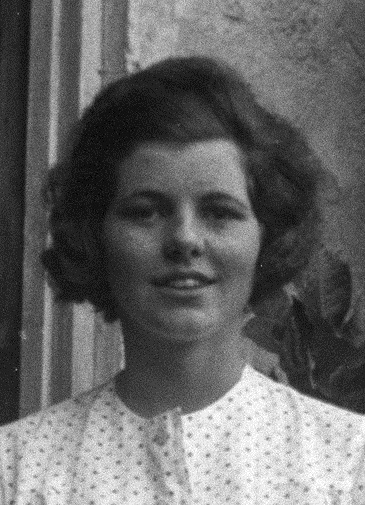
Rosemary Kennedy (1918-2005) was the eldest Kennedy daughter. A happy child and young adult who struggled with learning disabilities and behavioral issues, Rosemary underwent a lobotomy at age 22, under her father’s authorization. As a result, she was permanently incapacitated, and she spent the rest of her life at St. Coletta’s School for Exceptional Children in Wisconsin. Her experiences inspired others in her family to take on causes that advocated for children and adults with developmental disabilities.
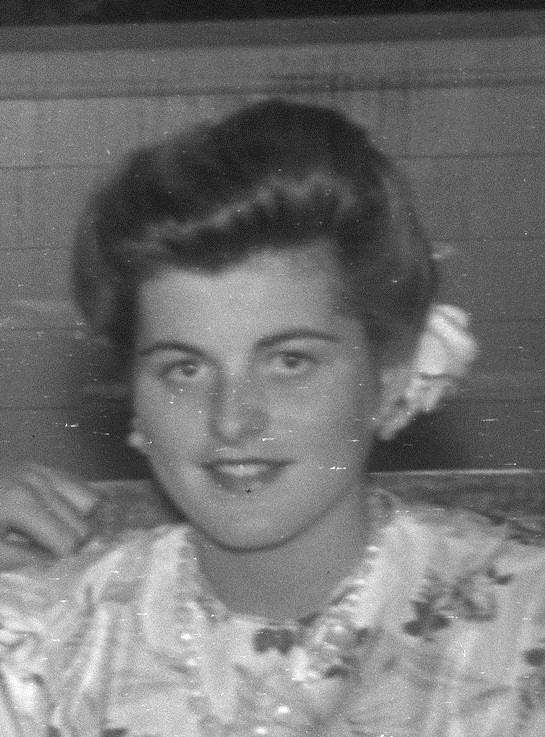
Patricia Kennedy Lawford (1924-2006) was the fourth Kennedy daughter and an ardent supporter of the arts. She participated in theater productions at Rosemont College in Pennsylvania and received her bachelor’s degree in 1945. She worked for NBC in New York and for radio and television programs in Los Angeles, including the Catholic-focused Father Peyton’s Family Theater. Later in her life, Patricia supported arts charities and founded the National Committee for the Literary Arts.
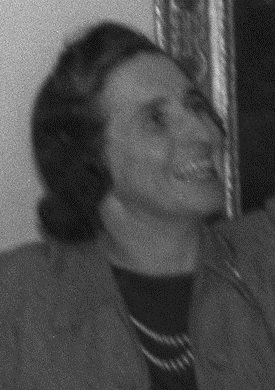
Elsie Talbott Mead (1893-1980) was a lifelong philanthropist, especially devoted to causes in her hometown of Dayton, Ohio. During World War I, she helped establish milk stations in the Dayton area to provide children with safe milk. In 1959, she was part of an effort to raise funds for the establishment of what is now the Dayton Children’s Hospital. She supported a wide range of other causes, including the arts, historic preservation, and aide for the poor. In recognition of her philanthropic efforts, she received an honorary Doctor of Humanities degree from the University of Dayton in 1969.
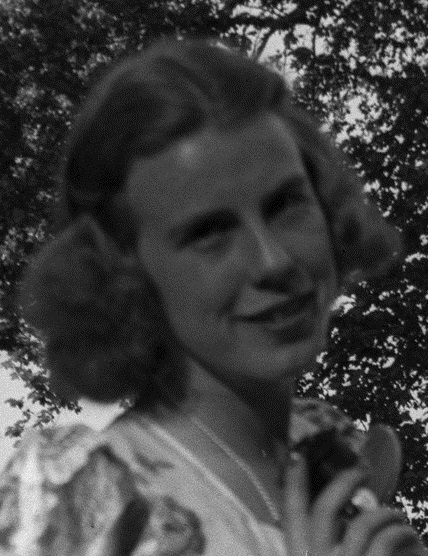
Constance Shepard Dillingham Otis (1919-2013), also known as Connie, was an advocate for the increased role of women in politics. A native of St. Paul, Minnesota, she was a state delegate to the 1956 Republican National Convention and later became involved in the 1960 gubernatorial campaign of Elmer L. Andersen. From January 1961 to December 1962, she served as the Minnesota State Chairwoman of the Republican Party.
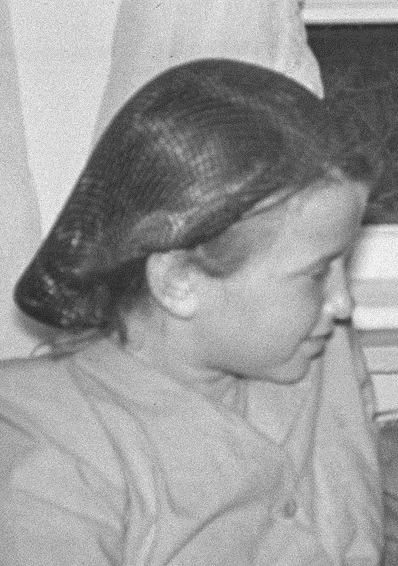
Marianna Hilliard Mead O’Brien (1930- ) was an educator and the daughter of philanthropist, Elsie Talbott Mead. She worked at the Groton School in Massachusetts for 25 years in various capacities. In 1981, she and her husband, Frank, founded O’Brien Associates, an education consulting firm in Boston. She was a trustee of Miss Porter’s School in Farmington, Connecticut from 1976 to 1983, and served as the school’s interim head from 1992 to 1993.
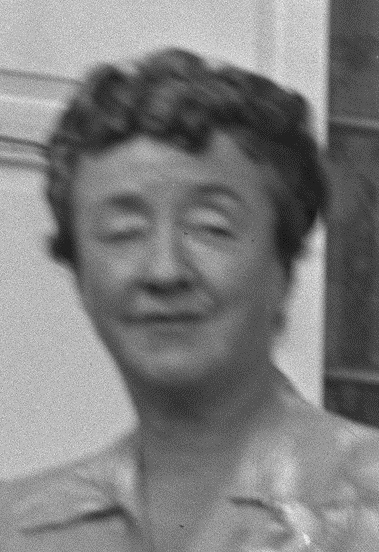
Marion Margery Warren Scranton (1884-1960) was a political activist, first in the women’s suffrage movement from 1912 until the passage of the 19th amendment, and later with the Republican Party. A lifelong resident of Pennsylvania, she served as a member and vice chair of both state and national Republican Committees. She was a Pennsylvania delegate to the six Republican National Conventions between 1928 and 1948. She was also a member of the Daughters of the American Revolution, the Colonial Dames, and the American Legion Auxiliary.
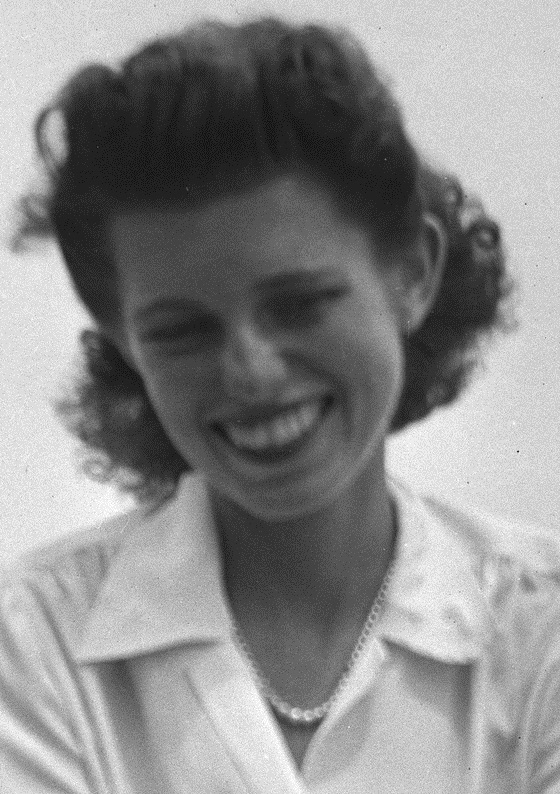
Eunice Kennedy Shriver (1921-2009) was the third Kennedy daughter and a champion for people with disabilities. In 1962, she founded a summer camp for children and adults with intellectual disabilities; the concept for this camp inspired the creation of the Special Olympics. She served on the organization’s board of directors until her death. In 1984, Eunice was awarded the Presidential Medal of Freedom by President Ronald Reagan in recognition of her work with the Special Olympics and other initiatives.
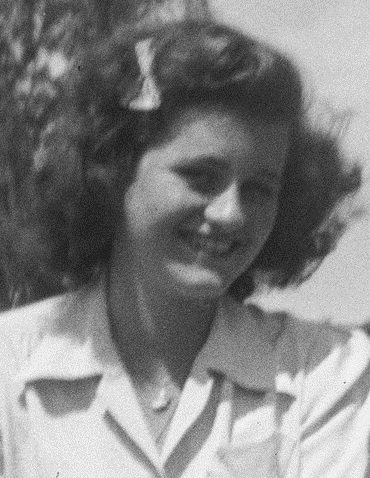
Jean Kennedy Smith (1928- ) is the youngest Kennedy daughter and the former U.S. Ambassador to Ireland. She attended Mahattanville College in New York and later accompanied President John F. Kennedy on his trip to Ireland in the summer of 1963. She was appointed Ambassador to Ireland by President Bill Clinton in 1993. Serving until 1998, Jean helped move along the peace process in Northern Ireland. In 1974, she founded an arts program for people with disabilities called Very Special Arts, contributing to her family’s tradition of advocacy.
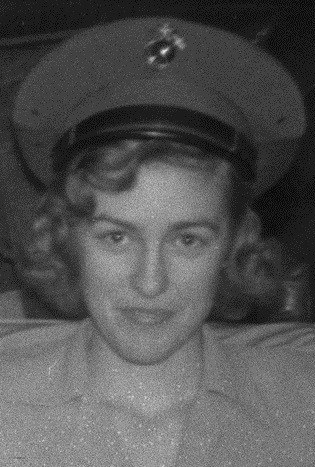
Elizabeth “Betty” Coxe Spalding (1920-2001) was a women’s rights activist. She served as head of the National Organization for Women’s (NOW) Task Force on Marriage, Family Relations, and Divorce from 1973 to 1976 and was a member of Connecticut’s Permanent Commission on the Status of Women, chairing their committee on the equal protection amendment to the state constitution in 1974. She served on the Homemaker’s Committee of the National Commission on the Observance of International Women’s Year and was president of the NOW chapter in Hartford, Connecticut.
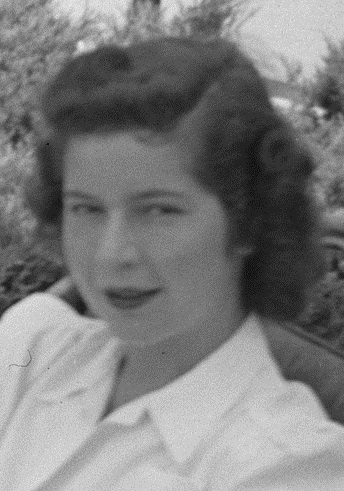
Grace Elsie “Gay” Sloane Vance (1918-2008) was a civic leader who devoted her career to education and equality initiatives. She served as director of Widening Horizons, a project of the Washington, D.C. public schools’ Urban Service Corps; as Vice-Chairman of the Board and then President of the New York Urban League, promoting equality and opportunity; and as board member and later Vice-Chairman of the Board of WNET Channel 13, promoting the expansion of arts and education through public television in New York City. She also served on the Educational Broadcasting Corporation Board of Trustees from 1974 through 1993.
